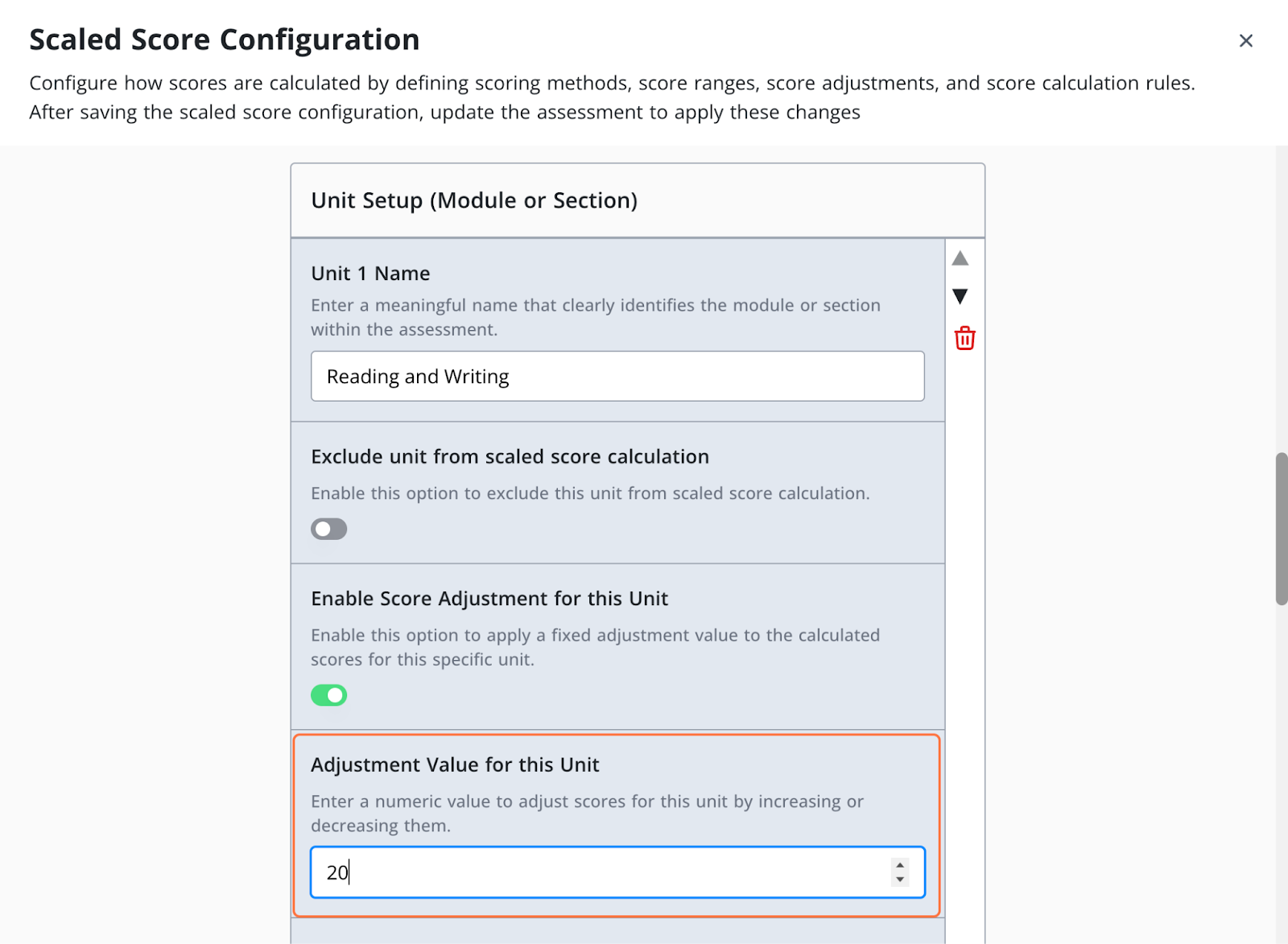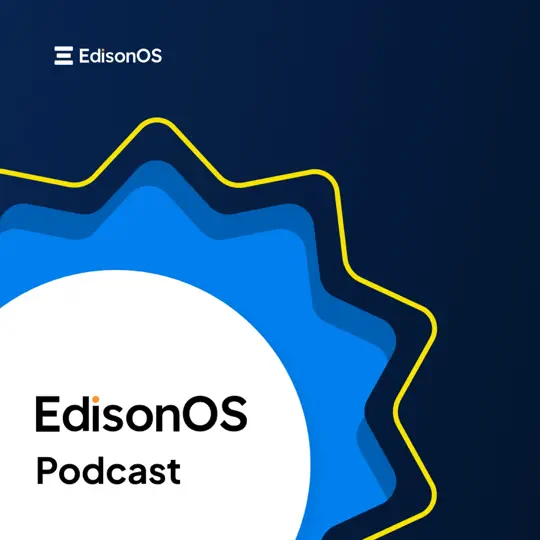




Key Takeaways
- Some SAT and ACT questions are unscored, affecting how practice test scores appear.
- EdisonOS Bias Value adjusts scores for pretest questions, ensuring fairer assessments.
- Accurate score adjustments help tutors plan smarter strategies and boost student confidence.
Standardized tests have always carried a certain mystique. Students spend months practicing, memorizing formulas, and perfecting strategies—only to face questions on test day that feel unfamiliar, confusing, or even impossible to solve.
What many don’t realize is that not all questions on the SAT or ACT count toward the final score. Some are unscored, known as pretest, experimental, or field-test questions. While these questions play a key role in ensuring fairness and accuracy in future exams, they can create challenges in measuring a student’s true performance on practice tests if not interpreted correctly.

At EdisonOS, we help tutors and students navigate these challenges. Our platform provides tools for managing digital SAT and ACT preparation, including the Bias Value feature—a way to adjust scores at the section level to reflect true ability and performance.
Why Pretest Questions Exist
Both the SAT and ACT include pretest questions to ensure fairness, accuracy, and consistency across exams. These questions are embedded within each section but do not contribute to a student’s final score. Their purpose is to:
- Evaluate Question Difficulty: Each question’s difficulty is assessed to calibrate future exams accurately, ensuring consistent standards across all test takers.
- Support Fairness Across Students: By analyzing responses across diverse student groups, testing organizations can identify questions that may unintentionally favor certain populations.
- Maintain Score Consistency Over Time: Pretest questions help standardize scoring so that similar performances in different years are comparable, keeping results meaningful and actionable.
For tutors, understanding pretest questions is not about critiquing the exam—they are an opportunity to benchmark students more precisely and provide targeted practice.
How Pretest Questions Affect Practice Assessments
On digital platforms, like the Digital SAT or the Enhanced ACT, these pretest questions are interwoven into modules, which are adaptive in nature. For example:
- Digital SAT: 2 modules per section; each module includes a few pretest questions, influencing the adaptive difficulty of subsequent questions.
- Enhanced ACT: Shorter test format with embedded field-test questions to evaluate content for future exams.
While these questions do not count toward the final score, they can influence practice test results. Tutors and students may notice:
- Apparent Score Variation: Raw scores on practice tests can seem lower or higher due to unscored questions. Recognizing this helps tutors interpret results correctly.
- Benchmarking Challenges: Tutors rely on practice data to track readiness and improvement. Including unscored questions in the assessment requires adjustments to reflect true student performance.
Pretest questions are not a threat—they are an integral part of the testing ecosystem that tutors can use to guide more accurate learning strategies.
Introducing Bias Value in EdisonOS
EdisonOS is a digital platform designed to support tutors in optimizing test preparation for students. Among its features, Bias Value allows tutors to adjust section-level scores to account for pretest questions. This ensures assessments better reflect a student’s true ability.

On EdisonOS, every test includes a mix of easy, medium, and hard questions, and all are scored. On the actual SAT, only 90 out of 98 questions are scored—the rest are pretest questions.
This difference makes it important to adjust scores on EdisonOS to better approximate real SAT outcomes.
Test-Day Examples:
- Missing 4 easy questions → ~40-point drop
- Missing 4 hard questions → ~120-point drop
- Missing pretest questions → no impact
A mix of missed easy, medium, and hard questions averages a directional impact of ~80 points per subject. Tutors can use this understanding to interpret scores more accurately.
- Section-Level Adjustments: Tutors can apply adjustments to specific units depending upon the number of unscored questions.
- Accurate Benchmarks: With Bias Value, practice tests reflect realistic performance, enabling tutors to plan targeted strategies.
- Confidence and Motivation: Students see scores that accurately represent their effort, helping maintain engagement and focus on growth
Benefits of Bias Value for Tutors, Students, and Parents
For Tutors
- Cleaner Data – Remove distortions and get a sharper picture of strengths and weaknesses.
- Smarter Strategy – Tailor prep plans with confidence, knowing your insights are based on fair results.
For Students
- Confidence Boost – See scores that reflect true effort, not inflated by hidden pretest items.
- Motivation to Improve – Progress feels real, which keeps students engaged.
For Parents
- Clearer Growth Tracking – Trust that reported progress is accurate, making investment in prep worthwhile.
Why It Matters in the Digital Era
As the SAT and ACT transition to digital formats:
- Adaptive modules make each student’s experience unique.
- Even a few experimental questions can shift perceived performance.
- Tutors need reliable data to identify strengths, weaknesses, and practice priorities.
Bias Value provides a systematic way to integrate pretest questions into meaningful assessment, helping tutors guide students effectively in the digital environment.
Final Thoughts: Fairness Is the Future
Pretest questions will always exist. They serve an important purpose for testing organizations. But for students and tutors, they create invisible distortions that can undermine confidence and misguide instruction.
With Bias Value, EdisonOS gives educators the power to reclaim fairness—ensuring that every score tells the real story.
Because at the end of the day, it’s not just about a number on a screen. It’s about student confidence, parent trust, and a tutor’s ability to guide learners toward their best possible outcomes.
And with Bias Value, fairness is no longer a hope. It’s built in.
Book a demo with EdisonOS today.
Frequently asked questions
Tutors Edge by EdisonOS
in our newsletter, curated to help tutors stay ahead!
Tutors Edge by EdisonOS
Get Exclusive test insights and updates in our newsletter, curated to help tutors stay ahead!
Recommended Reads
Recommended Podcasts












.png)
.webp)
